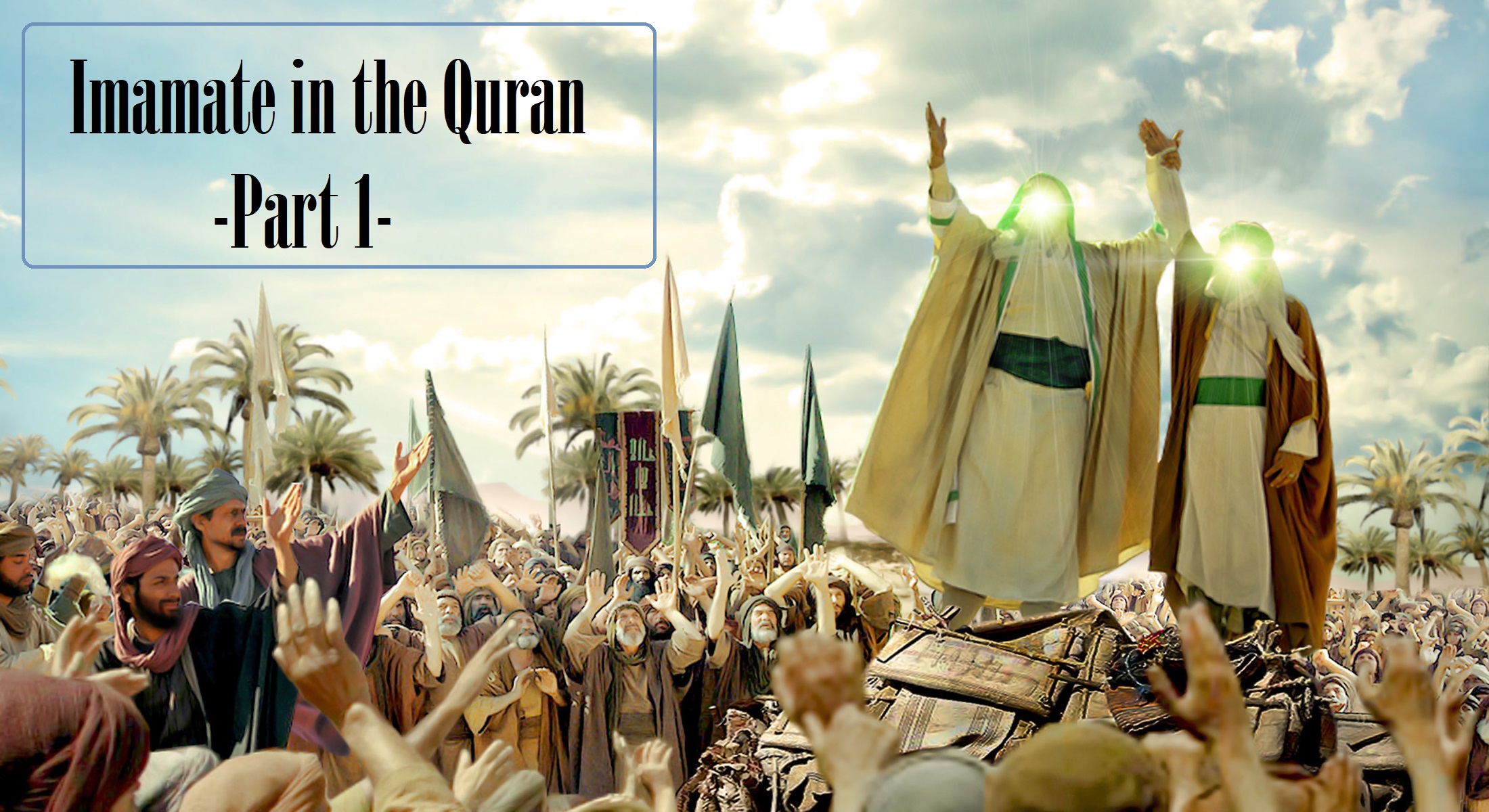Lecture 18 in the Ramadan series:
UNPACKING THE MOST INTRIGUING QUESTIONS IN THE QURAN
Tuesday 12 May 2020 (19th Night of Ramadan 1441)
Ahlul Bait (a.s) Masjid, Ottery, Cape Town
Mowlana Syed Aftab Haider
In this first probable night of Qadr, being the 19th night of Ramadaan, we are in the service of the Quran, trying to understand and unpack some of the questions related to the Holy Book of Almighty Allah (SWT). This first probable night of Qadr is the night of Quran and receiving the blessings of the Holy Quran.
We hope and pray that may Almighty Allah (SWT) include us amongst those who enlighten their hearts, minds and souls with the Noor of the Holy Quran and that it reflects in our practical life through our actions.
May Almighty Allah (SWT) keep us with the Holy Quran in this world and grant us the intercession of the Quran and keep us in the company of people who are in the service of the Quran in the Hereafter, Insha Allah.
This night of the 19th Ramadaan reminds us of that tragic event in Islamic history with the martyrdom and assassination of our master and leader, and Commander of the Faithful, Amir al-Mu’mineen Imam Ali ibn abi Talib (a.s).
We will dedicate these nights to address the question relating to both subjects ie. Quran and associated questions, and at the same time address our second subject which is the personality, status and position of our master, Amir al-Mu’mineen Imam Ali ibn abi Talib (a.s).
Imamate is the key distinction between us and mainstream Muslims
Indeed, we as the followers of the Ahlul Bait (a.s) or Shia share with the rest of Muslims and the broader schools in the house of Islam most of our belief system (Aqeedah). However, there is one very important and striking feature where we differ with the rest of the mainstream Muslim position very strongly and profoundly. This is of course on the issue of Imamate or leadership.
This is a point of contention and in simple words, it makes us different.
We believe that Imamate or leadership is part of our Aqeedah (belief system), in the same way that we have Tauheed (belief in one Allah (SWT) and His justice and all His attributes) and the divinity of His Prophets (a.s) and the finality of our beloved Prophet Muhammad (SAWA) and we believe in the Hereafter.
Similarly, we also believe in the doctrine of Imamat (leadership). For us, this is not secondary to our other tenets of faith noted above. It is not secondary or lower down the list of our belief system. We believe that the matter of leadership is principle and part of our Usul-e-Deen (Roots of Religion). Therefore, one of the names given to us, very rightfully, is Imamia. This means a sect or a school of thought which believes in Imamate as part of the faith (Aqeedah).
Imamate is the most important distinction between us and our fellow Muslim brethren, because we share in all the other principles of faith, although we may differ in the details. Let us be clear, that our fellow Muslim brethren also believe in Imamate as a necessity of life, because any society, community, nation cannot survive without leadership. That said, they do not believe it is significant enough for it to be part of the Islamic ideology (Aqeedah).
This is where we differ on the doctrine of Imamate. While they regard it as a secondary issue, we regard it is a fundamental part of the Roots of Religion.

